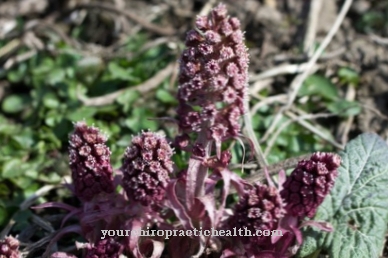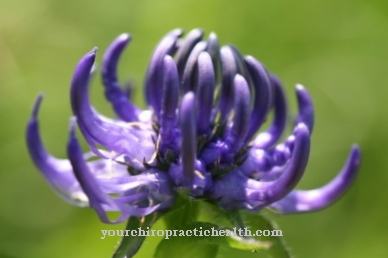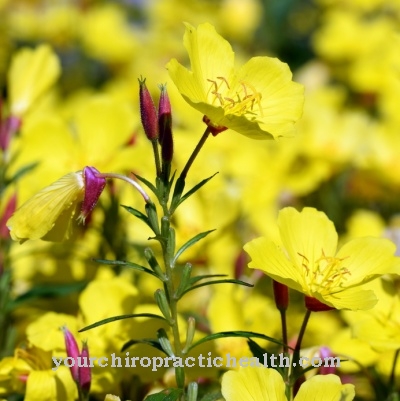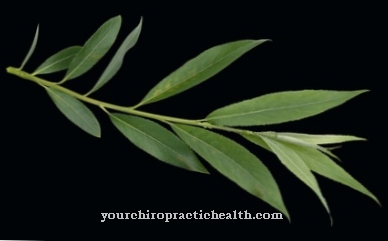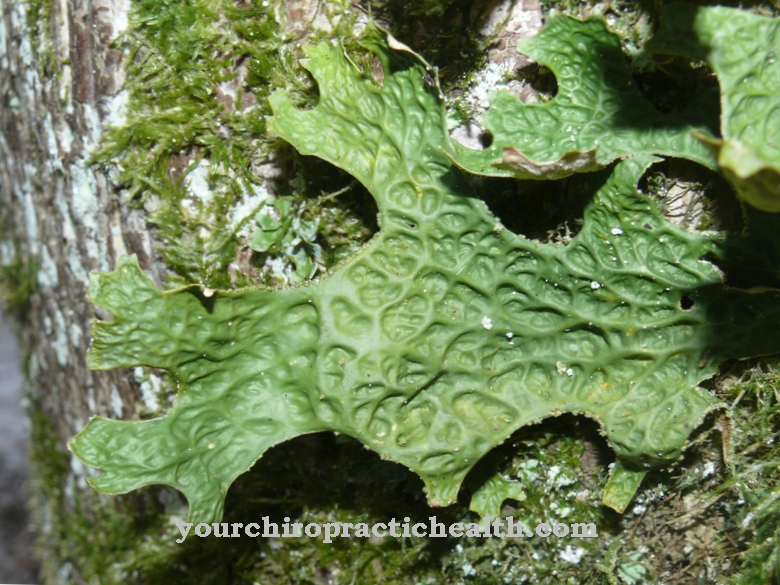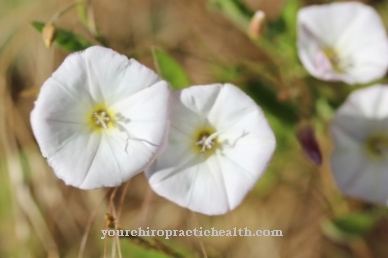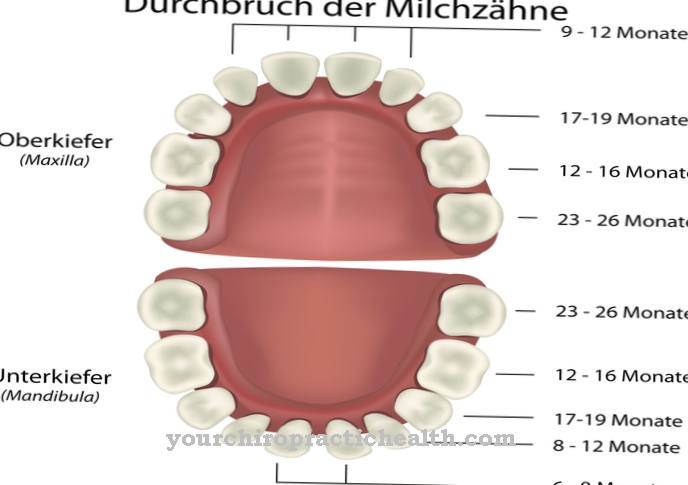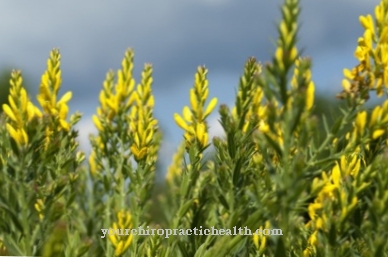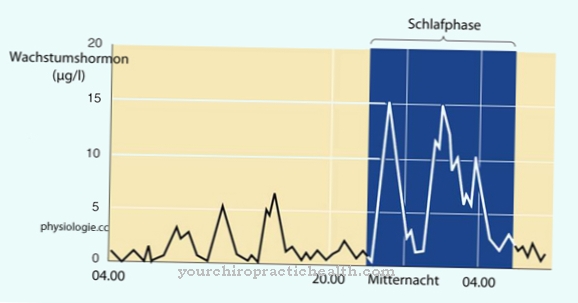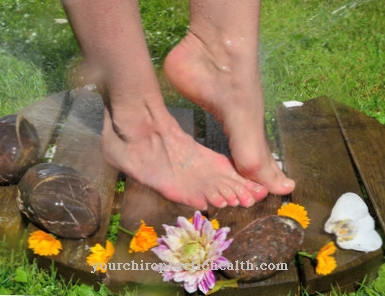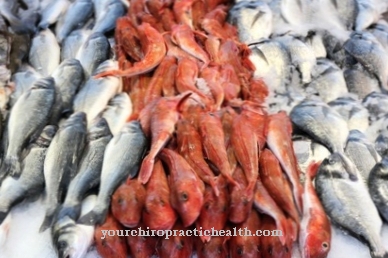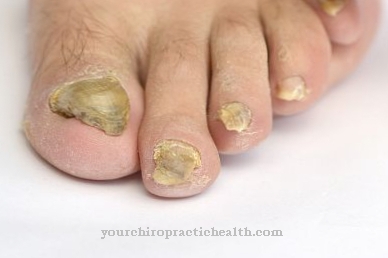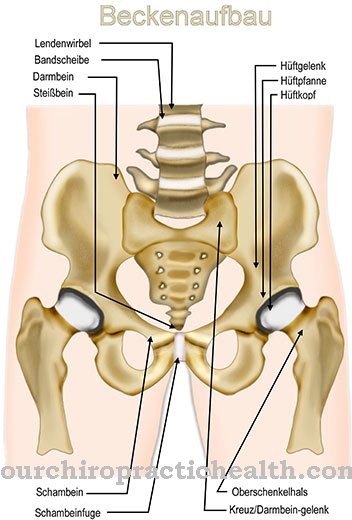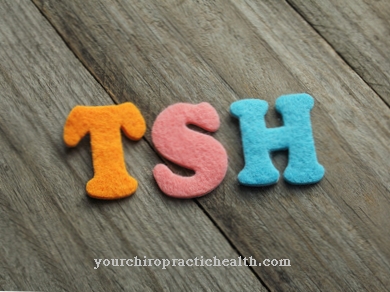Ribwort plantain (Plantago lanceolata) belongs to the plantain family and is popularly known as horse rib, skewort or trail.
Occurrence and cultivation of ribwort

The perennial plant is a rosette-forming perennial with a bare, silky hairy flower on a 10-40 cm long stem. The lance-shaped leaves are barely interlocked, 3 - 5 strongly narrowed veins lead parallel to the short petiole.
Ribwort plantain is relatively drought resistant and able to grow on dry sites such as embankments. The German name refers to the characteristic leaf veins, the Latin name is derived from the Latin planta = sole of the foot.
The sticky seeds attached themselves to the feet and quickly spread all over the world. The Indians therefore also called the ribwort "The White Man's Foot".
Application & use
Prepared for medical use Ribwort plantain comes mainly from targeted cultivation. The leaves have a total content of at least 1.5 percent of ortho-dihydroxycinnamic acid derivatives and contain calcium, phosphate, potassium, sodium and the trace elements cobalt and copper.
The plant juices (mucilage content 2%) of the ribwort plantain contain, in addition to the mainly effective iridoid glycosides catalpol, aucubin and asperuloside (content 1.9 to 2.4%):
- Flavonoids (Luteolin, Apigenin-7-O-monoglucoside)
- Deacetylasperuloid acid methyl ester
- Caffeic acid derivatives
- Phenol carboxylic acids
- Coumarin
- Phenylethanoide (Acteosid)
- Tannins (6.5%)
- Globularin
- Silica (1.3%)
Because of its proven antibacterial, anti-inflammatory and immune-stimulating effects, ribwort is prepared as tea, plant sap and as an aqueous plant extract. The leaves are dried or pressed for juice extraction. For internal use, the enveloping properties of the mucilage contained in the ribwort, the antibacterial effects of catalpol and aucubin and the effect of the tannins are used.
In the external application, primarily inflammatory skin changes are treated. The use of ribwort as a cough suppressant was so proverbial that in Germany the term "ribwort juice" was still used as a general term for a cough suppressant.
The medicinal plant plantain, which has been valued since prehistoric times, can also be used as food. The fresh young leaves are tastiest before they bloom and make a healthy addition to salads and dips. They are also suitable for preparation as vegetables and for soups. Plantain seeds can be ground into powder and added to flour for making bread or cakes.
The fibers from the leaves were used to make textiles and the slime from the seed coats was also used to stiffen fabric. By soaking the seeds in warm water, golden and brown colorings can be obtained.
Significance for health, treatment & prevention
Ribwort plantain was already valued in ancient times. Today's use in the medical field is extremely versatile due to the ingredients and minimal contraindications. It does not only refer to the field of folk medicine but is pharmaceutically stocky.
Because ribwort contains epidermal ingredients that stimulate the repair of damaged tissue, extracts are an effective treatment for bleeding wounds. Externally, a decoction from the leaves can also be used to treat inflammation of the skin, cuts, insect bites and malignant ulcers.
The preparation of the roots of the ribwort has proven to be suitable for the care of snakebites. The strongly swelling seeds are an excellent remedy against parasitic worms or helpful as a tea in the treatment of diarrhea, dysentery and bleeding of the mucous membranes. Plant extracts can be used as an ingredient in eye washes.
Internally, they are used in the treatment of a wide variety of ailments such as diarrhea, gastritis, stomach and duodenal ulcers, irritable bowel syndrome, bleeding, hemorrhoids, cystitis, rhinitis, sinusitis, asthma, and hay fever. Ribwort plantain has a very specific effect on inflammation of the bronchi and is therefore used as a remedy for coughs and catarrhal inflammatory diseases of the respiratory tract.
In folk medicine, the juice is used for blood purification cures in spring. Ribwort plantain is diluted with chamomile tea for the treatment of poorly healing wounds. Freshly picked and crushed leaves can be placed directly on fresh wounds to relieve itching and swelling.

